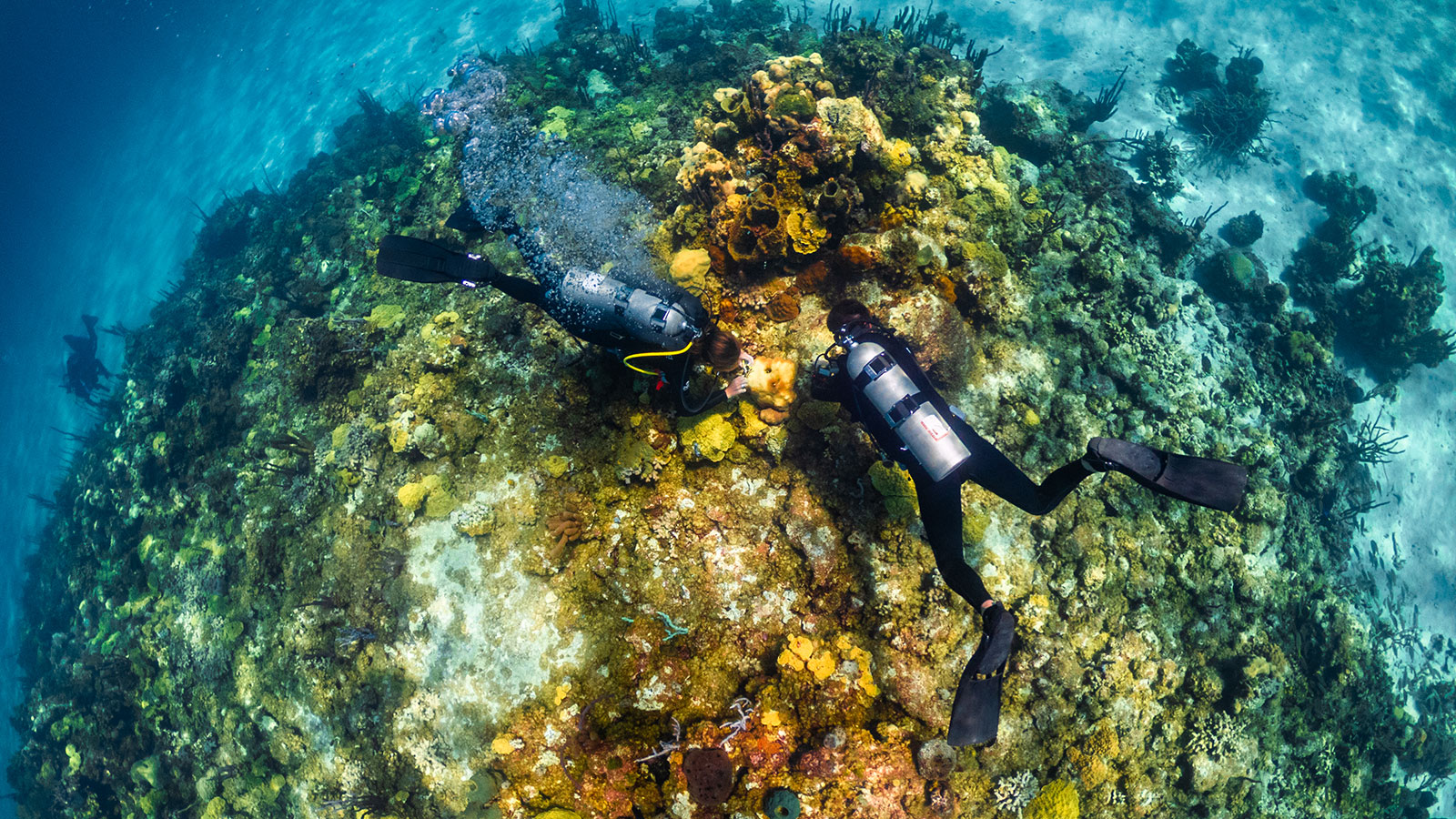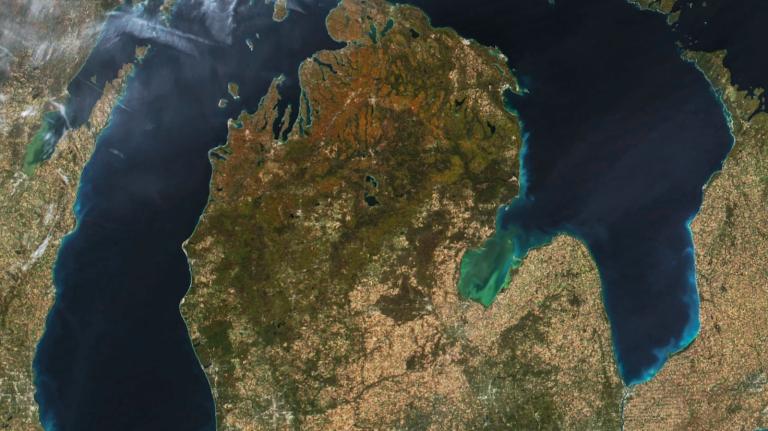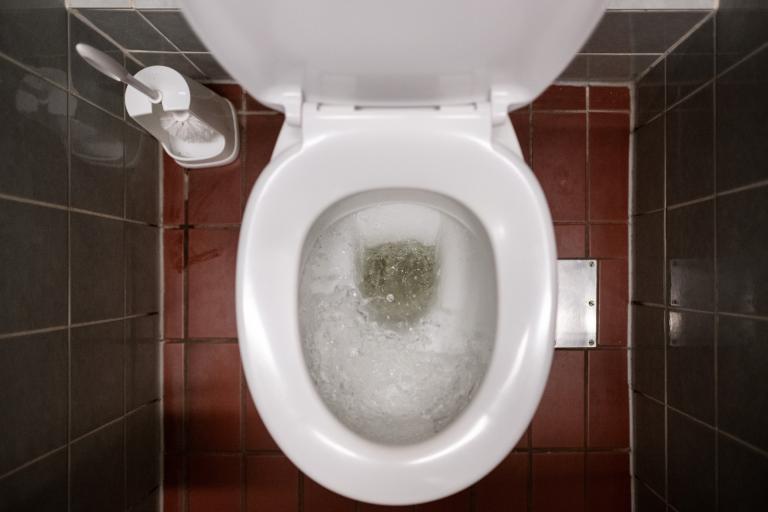Airbnb — the online marketplace for travel lodging and touristy experiences — is searching for five people to drop everything and take a free two-month trip to the Bahamas.
The catch? You have to want to help save the environment. Selected applicants will assist researchers and local experts in preserving the Carribean’s natural and cultural resources by restoring coral reefs and learning about ethical fishing and agricultural practices. The sabbatical will help Bahamians create new eco-friendly experiences for future tourists to book through Airbnb when visiting the islands.
The Bahamas are at the frontlines of the climate crisis. Last September, Hurricane Dorian battered the northern islands with up to 220 mph winds for 40 hours straight, killing at least 70 people and causing more than $3.4 billion in damage. Like other recent powerful hurricanes, Dorian was fueled by high ocean temperatures caused by climate change, and Bahamanians can expect more severe storms in the future as the world warms.
This isn’t the first time Airbnb has offered a “sabbatical” opportunity to help the environment. Last month, the company sent five people to Chile and Antarctica to help study the effects of microplastics on the region. This latest sabbatical initiative — which was developed in partnership with the Bahamas National Trust, a nonprofit that manages the country’s parks and works to protect its natural habitat — will send people to the islands of Andros, Exumas, and Eleuthera, which were not badly affected by Hurricane Dorian.
In the first three weeks of the sabbatical, the chosen applicants will focus on coral reef restoration in the Andros Barrier Reef, the third-largest barrier reef on the planet. Over the years, coastal development and illegal and unsustainable fishing have threatened the Bahamian coral reefs — but climate change has been the biggest threat of them all. The selected applicants will build and care for coral nurseries to foster new growth on the reef.
The Bahamas is made up of more than 700 islands stretched over 750 miles, and its economy relies heavily on tourism. After Dorian hit, the Bahamas Ministry of Tourism urged tourists not to cancel their trips to the unravaged parts of the country.
Eric Carey, the executive director of the Bahamas National Trust, echoed that sentiment in a statement about the Airbnb initiative. “The Bahamas is open for business and while we work to restore parts of the archipelago devastated by Hurricane Dorian, the vast majority is ready for visitors,” he said.




